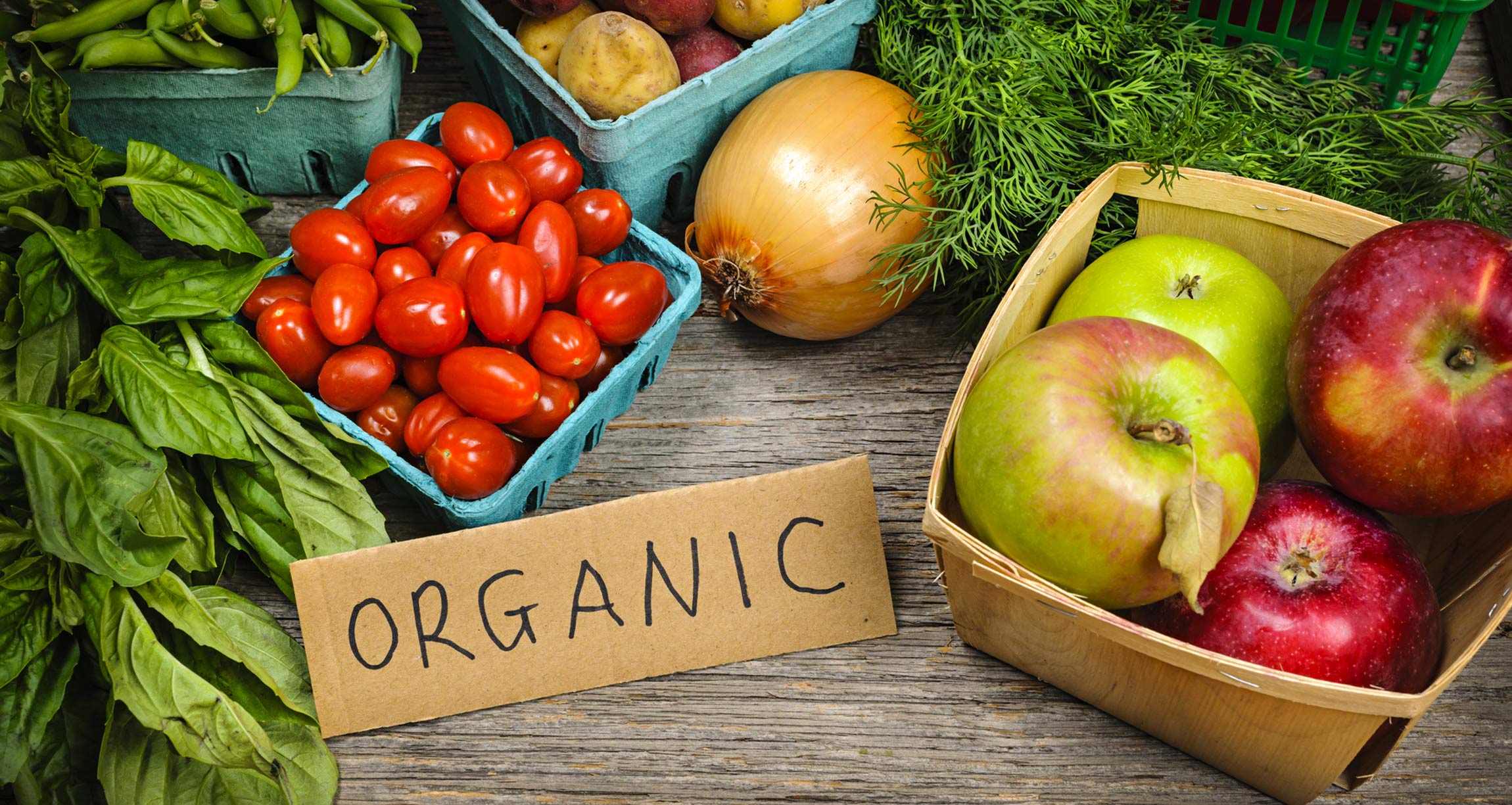Natural fruits and vegetables are cultivated without utilizing synthetic fertilizers and pesticides. The crop cultivation is maintained by utilizing natural wastes like aquatic waste, animal waste, farm waste, and several other organic materials that keep the soil healthy by releasing bio-fertilizers and microbes. Organic fruits and vegetables are much healthier than the food sources which are produced by utilizing ordinary cultivating techniques that utilize fertilizers and chemicals causing unwanted effects on the person’s health. Organic fruits and vegetables are rich in nutrition and have minimal chemicals in them that turn out to be a noteworthy dietary benefit.
The global organic fruits and vegetables market is expected to grow exponentially within the forthcoming years. The rising awareness about health advantages coupled with sanitation are the significant factors for the overall market growth. Changing dietary habits among people will also contribute to the development of the market in the future. Different health advantages like improved immunity, anti-inflammatory benefits, and antioxidant properties related to the consumption of natural fruits and vegetables are additionally adding to rising market demand. However, high initial expenses & and labor costs and lesser shelf life are among the major hindering factors restricting the global organic fruits and vegetables market growth.
The global organic fruits and vegetables market is broadly classified into form type, crop type, end-use, and region. In terms of crop type, the market is divided into fruits (further sub-divided as oranges, apples, bananas, mangoes, and others) and vegetable segment (comprising spinach, cauliflower, tomatoes, carrots, and others). Based on the form type, the global market is segregated into pureed form, fresh, powdered, and frozen. On the basis of end-use, the market is divided into food processing and fresh consumption.
Geographically, Europe and North America are estimated to lead the global organic fruits and vegetables market within the forecast period. This is attributed to rising awareness among the people about healthy & organic food consumption and safety reasons. Moreover, development in the food and beverage sector along with the increasing middle-class population in the regions are also contributing to the regional growth.
The key players leading in the global organic fruits and vegetables market are Organic Valley Family of Farms, H.J. Heinz Company, Shandong Longli Biotechnology Co. Ltd., Heilongjiang Agriculture Co. Ltd., Whitewave Foods Company, Green Organic Vegetable Inc., Newman’s Own, Z Natural Foods, Llc., Cedarlane, Dean Foods Co., Iceland Foods Ltd., Lundberg Family Farms, Frontier Natural Products Simply Organic, etc.
Recently, 7-ELEVEN launched a range of boxes that has mixes of organic items, picked and delivered from the production zone as per the consumer’s demand and preferences for planned purchases and replenishment.
